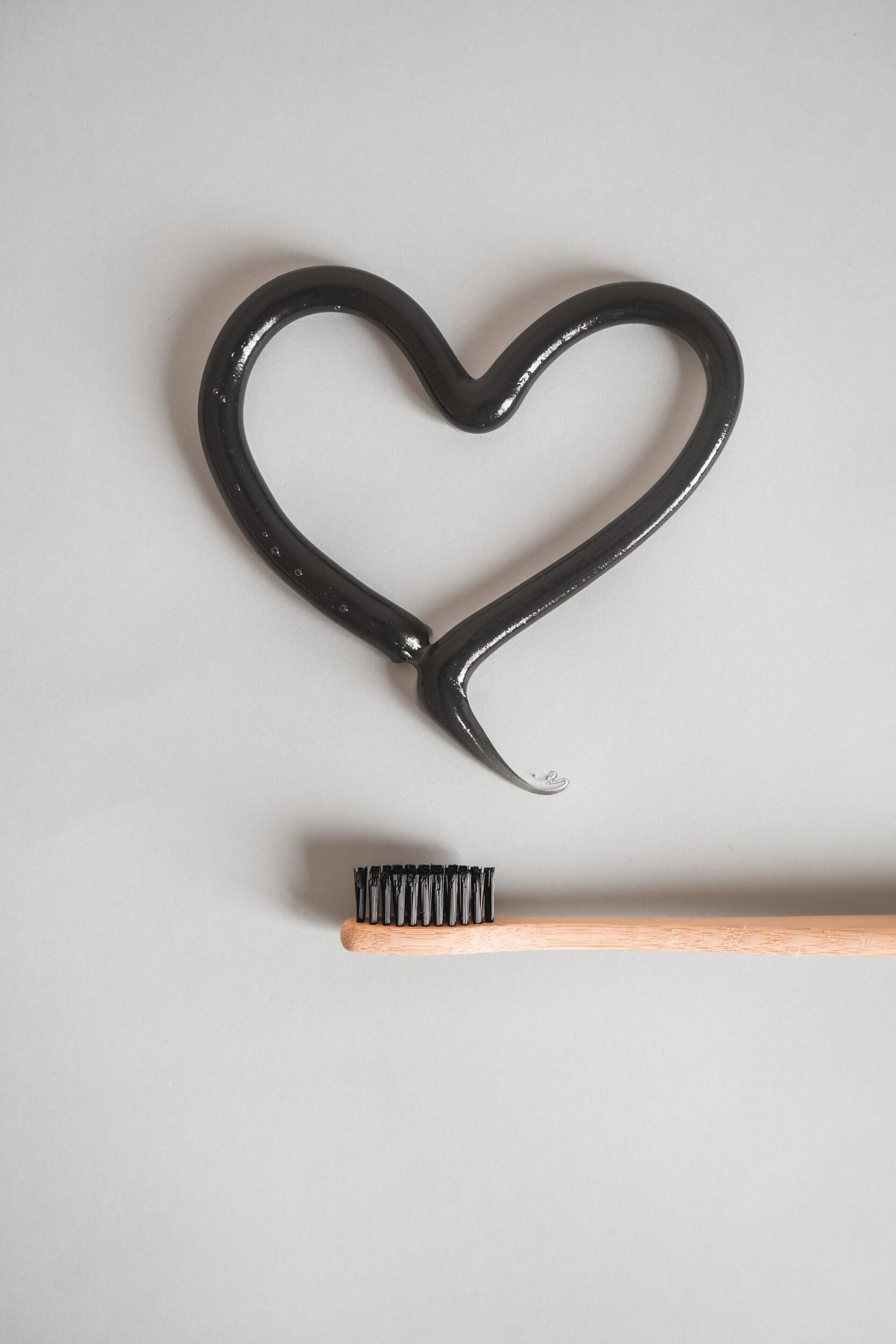Renowned for whitening teeth and preventing the absorption of toxic substances that can be found in traditional toothpastes, charcoal toothpaste has been very popular for some years now. Formulated with activated charcoalthe latter would be ideal for reducing the brown color left on the teeth by coffee, tea, but also by cigarette smoke.
But it turns out that the experts aren’t necessarily of the same opinion. According to them this ingredient is not so miraculous, on the contrary…

A questionable effect on tooth coloring
Tooth staining can come from two distinct factors. First of all there is the internal coloring, which is that of the tooth and specific to each person. And then there is the external colour, which is linked to individual lifestyle habits such as the consumption of tobacco, coffee, tea or other elements which can modify the natural shade of the enamel.
And if the use of activated charcoal is renowned for its teeth whitening effects, Dr. Lequart, dentist and UFSBD spokesperson interviewed by Health magazine has a very clear opinion on the matter:
“Charcoal toothpastes have no effect on the internal coloring of the teeth. »
Tell the magazine more She :
“From an oral health perspective, charcoal toothpaste is irrelevant. It will not affect the tooth’s own coloring (called internal, ed), but it could have an effect on the surface coloring linked to our lifestyle. »
Premature wear of the enamel
While charcoal can be used to slightly erase superficial tooth discoloration, it is to be expected that its use will not be ideal for oral health. And for good reason, the size of its grains is too large, which has an abrasive effect on the enamel.
But what do you risk brushing your teeth with such an active ingredient? Dr. Lequart has the answer, and he doesn’t cut corners. According to him, the latter would lead “premature wear of the enamel. Wear that can potentially increase the risk of tooth decay, and especially sensitivity to cold and heat. »
Because, as he puts it so well: “Once the polish is removed, it doesn’t grow back.”
You guessed it, the expert unfortunately does not validate activated carbon. He prefers micropulverized bicarbonate toothpaste, which he considers ideal for removing surface stains without damaging his teeth. But beware! The latter generally does not contain fluoride, so it will be necessary to alternate brushing with a toothpaste that has it to protect the teeth from decay. Mass has been said!
Do you like our articles? You will love our newsletters! Sign up for free on this page.
Source: Madmoizelle
Mary Crossley is an author at “The Fashion Vibes”. She is a seasoned journalist who is dedicated to delivering the latest news to her readers. With a keen sense of what’s important, Mary covers a wide range of topics, from politics to lifestyle and everything in between.




